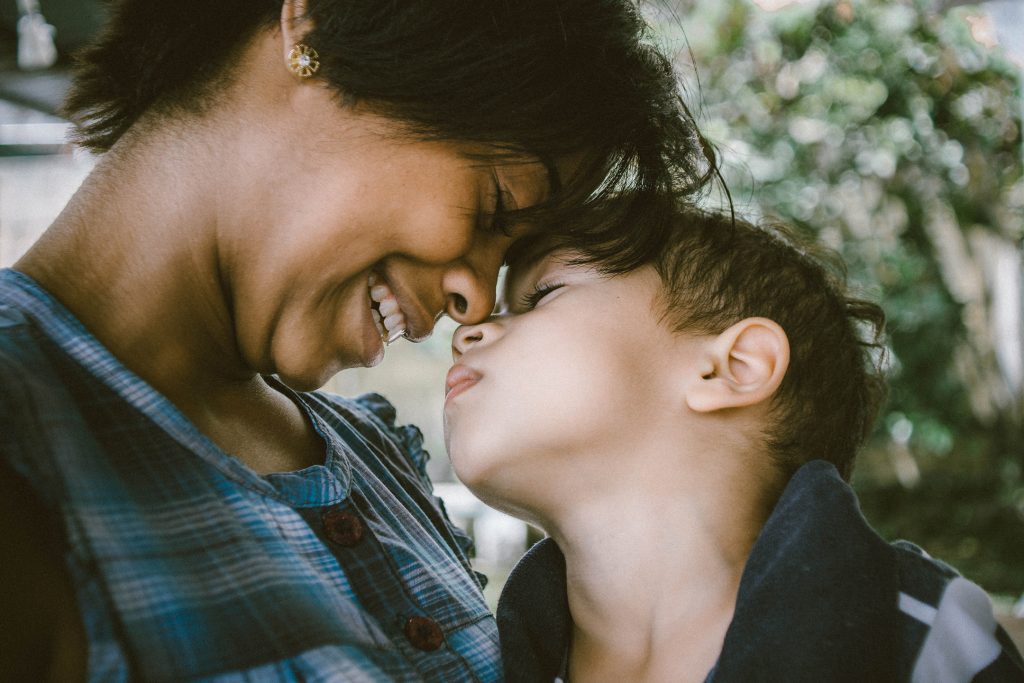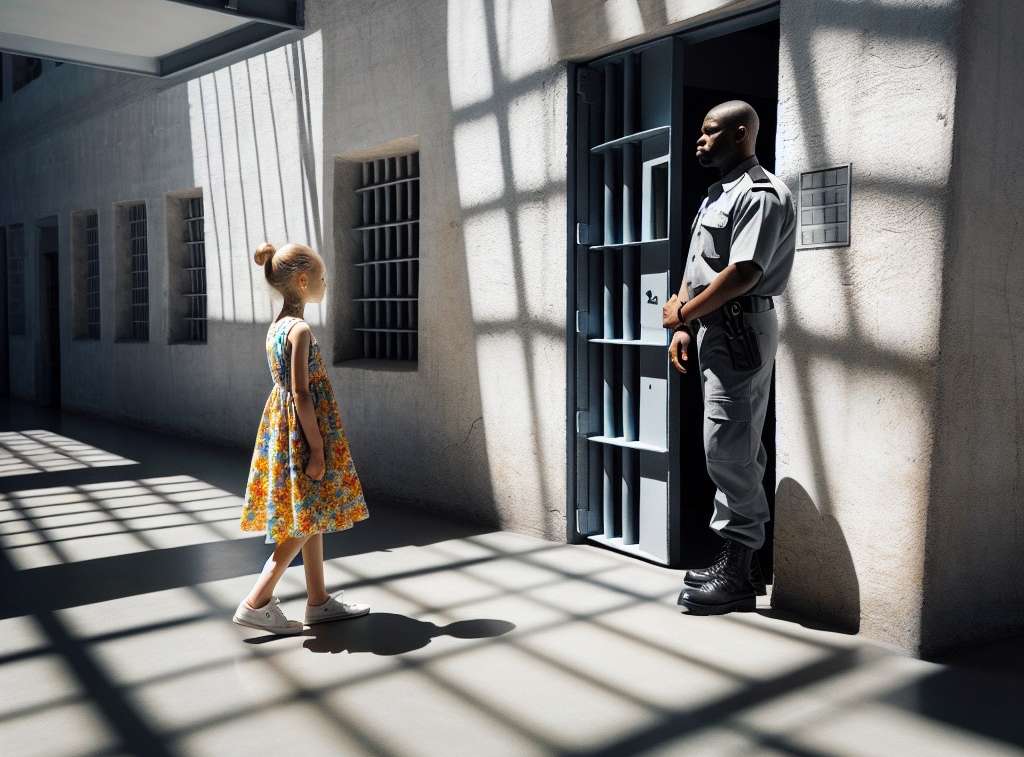The Impact of Parental Incarceration on Children: Understanding and Addressing the Consequences
When a parent goes to prison, the effects on their children can be profound and long-lasting. Parental incarceration disrupts family dynamics, imposes emotional and psychological stress, and can alter a child’s development. Understanding the impact on children and addressing their needs is crucial for their well-being.
Emotional and Psychological Impact
- Feelings of Loss and Grief: Children often experience a profound sense of loss and grief when a parent is incarcerated. This loss is complicated by the stigma and secrecy that can surround incarceration.
- Anxiety and Depression: The sudden absence of a parent can lead to heightened anxiety and depression. Children may worry about their parent’s safety, feel abandoned, or fear for their own future.
- Shame and Stigma: The stigma associated with having an incarcerated parent can lead to feelings of shame and isolation. Children may be reluctant to share their experiences or seek support.
Behavioral and Academic Consequences
- Behavioral Issues: The stress and trauma of parental incarceration can manifest as behavioral problems. Children might act out, become withdrawn, or exhibit signs of anger and frustration.
- Academic Challenges: The disruption in their home life often leads to difficulties in school. Children may struggle to concentrate, experience a decline in academic performance, and face increased absenteeism.
- Social Difficulties: Forming and maintaining relationships can be challenging. The stigma and emotional turmoil may lead to difficulties in social interactions with peers and teachers.
Family and Caregiving Dynamics
- Disrupted Family Structure: The incarceration of a parent often forces changes in living arrangements. Children may need to move in with other relatives or foster care, leading to further instability.
- Economic Hardship: The loss of a parent’s income can plunge the family into financial hardship, affecting the child’s access to necessities and opportunities.
- Caregiver Strain: The remaining parent or caregivers may experience increased stress and pressure, impacting their ability to provide emotional support and stability for the child.

Long-term Effects
- Developmental Delays: Chronic stress and trauma can impede a child’s cognitive and emotional development, leading to long-term challenges.
- Increased Risk of Involvement in the Criminal Justice System: Studies indicate that children of incarcerated parents are at a higher risk of encountering the criminal justice system themselves, perpetuating a cycle of incarceration.
Support and Interventions
- Emotional Support: Providing a safe and open environment for children to express their feelings is crucial. Counseling and therapy can help them process their emotions and develop healthy coping mechanisms.
- Stable Environment: Ensuring a stable and supportive living environment can mitigate some of the negative impacts. Consistent routines and the presence of a caring adult can provide much-needed security.
- Educational Support: Schools can play a vital role by offering academic support and creating an understanding environment. Teachers should be aware of the child’s situation and offer appropriate assistance.
- Community Programs: Programs specifically designed for children of incarcerated parents can offer peer support, mentoring, and resources. Organizations like the National Resource Center on Children and Families of the Incarcerated provide valuable assistance.

- Maintaining Parental Bonds: Facilitating communication and visits with the incarcerated parent, when appropriate, can help maintain the parent-child relationship and provide emotional reassurance.
Advocacy and Awareness
- Raising Awareness: Increasing public awareness about the impact of parental incarceration on children can reduce stigma and encourage the development of supportive policies and programs.
- Policy Advocacy: Advocating for policies that support families affected by incarceration, such as better visitation rights, mental health services, and economic support, can create a more supportive environment for these children.
Conclusion
The incarceration of a parent can have a deep and lasting impact on a child’s emotional, psychological, and developmental well-being. By understanding these effects and providing comprehensive support, caregivers, educators, and communities can help mitigate the negative consequences and foster resilience in these children. Ensuring that they receive the emotional support, stability, and resources they need is crucial for their long-term well-being and success.
Recognizing and addressing the unique challenges faced by children with incarcerated parents is not only a moral imperative but also a critical step in breaking the cycle of incarceration and building a more just and supportive society.

